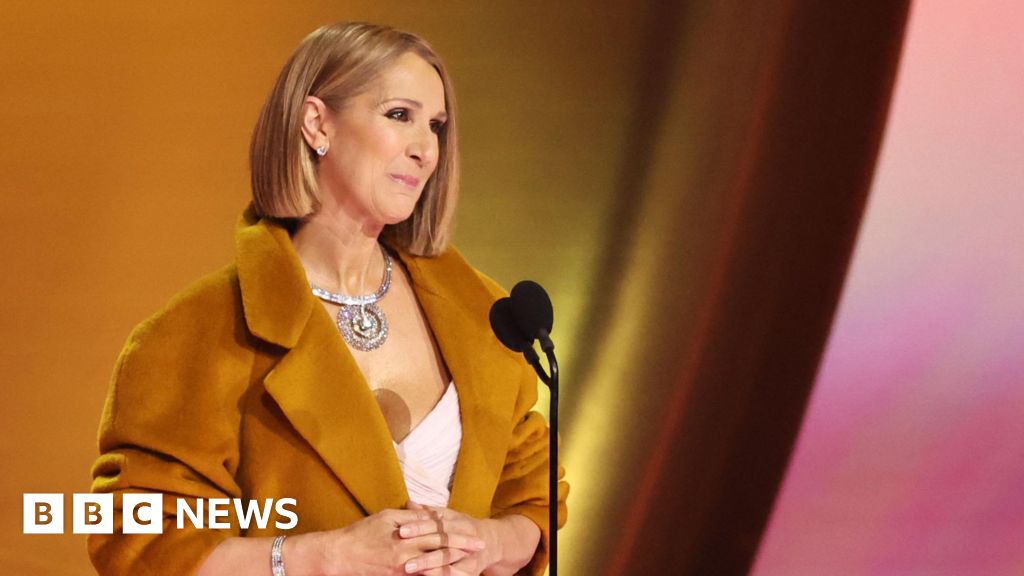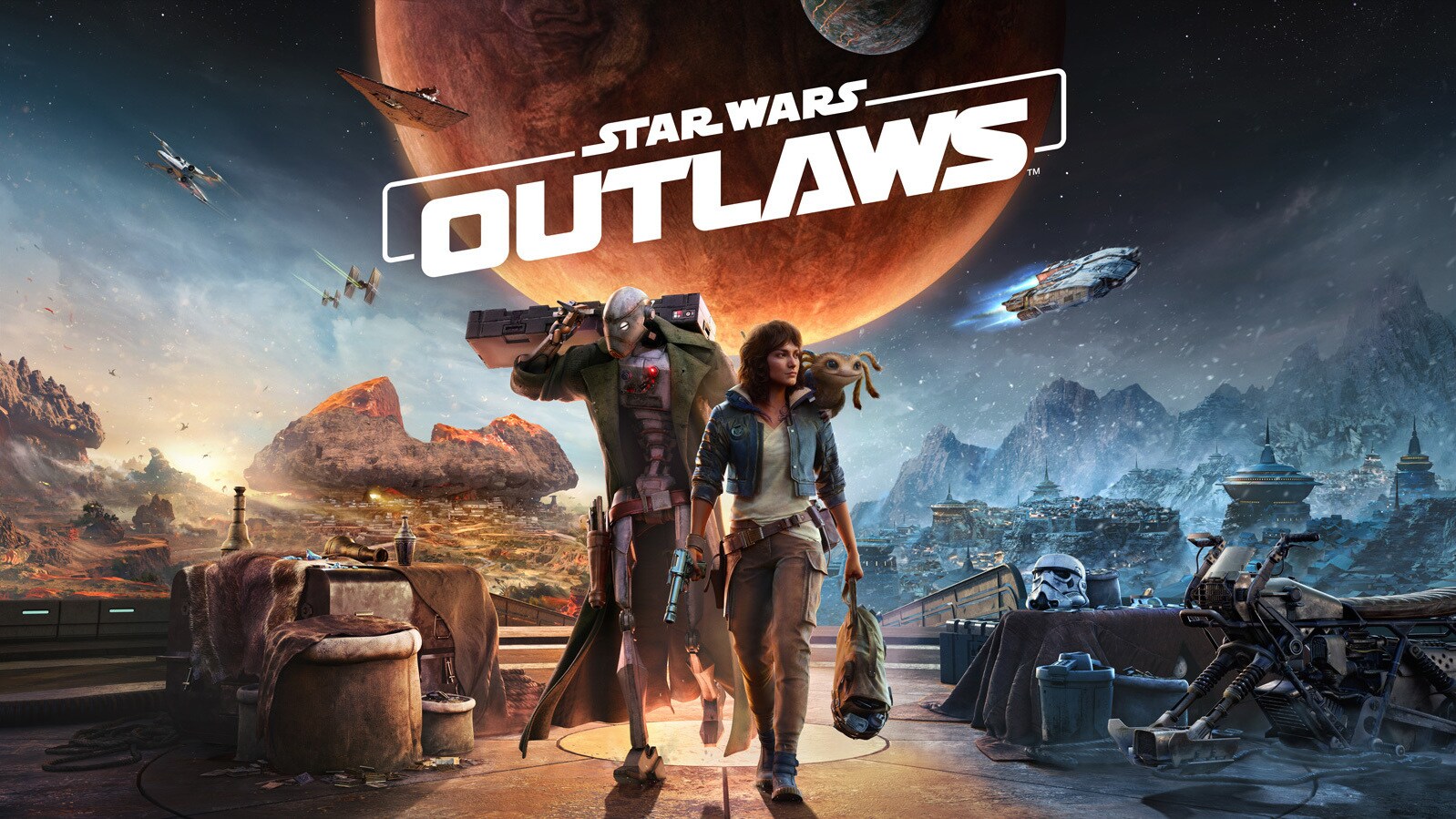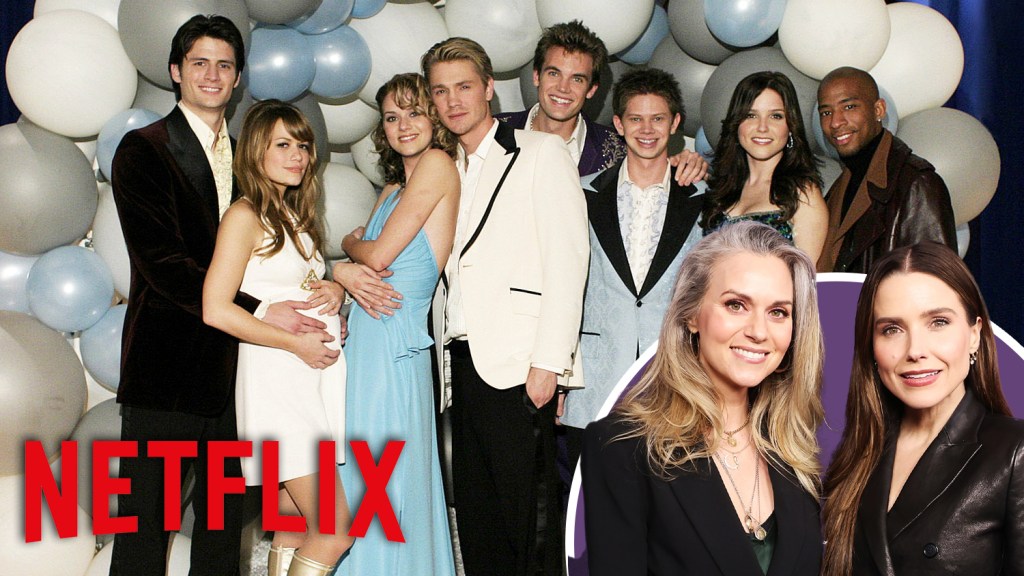Celine Dion Denounces Trump's Use of "My Heart Will Go On" at Rally

Celine Dion's management team has condemned the "unauthorised" use of her iconic hit "My Heart Will Go On" at a recent political rally. The song, famously featured in the 1997 film Titanic, was played for supporters before former US President Donald Trump took the stage at a campaign event in Bozeman, Montana on Friday.
Dion's team, in a statement released on X (formerly known as Twitter), made it clear that the singer does not "endorse" the song's use at the rally, adding: "And really, that song?" The statement further clarified that "In no way is this use authorised."
This isn't the first time a musician has objected to their work being used at a political event. In the past, artists such as Neil Young, Queen and the Rolling Stones have also voiced their disapproval over Trump's use of their songs at rallies.
The Trump campaign has yet to respond to the statement from Dion's team.
"My Heart Will Go On" remains one of Dion's most recognisable tracks. The Oscar-winning ballad, written by James Horner and Will Jennings, soared to global fame as part of the Titanic soundtrack, starring Leonardo DiCaprio and Kate Winslet.
Dion's recent public appearance came at the opening ceremony of the Paris Olympics last month, marking her return to live performance after being diagnosed with Stiff Person Syndrome (SPS) in 2022. This rare neurological disorder causes muscle spasms and can be debilitating. Dion's journey with SPS was documented in the film "I Am: Celine Dion", which was recently dubbed Amazon Prime Video's most successful documentary ever.
The Canadian singer joins a growing list of artists who have taken a stand against politicians using their music without their consent.
In 2020, the Rolling Stones threatened legal action after Trump used their song "You Can't Always Get What You Want" at a rally in Tulsa, Oklahoma. Ozzy and Sharon Osbourne also banned Trump from using Black Sabbath music in his campaign videos in 2019.
Beyond Trump, other politicians have faced similar criticism. Rapper Eminem asked aspiring Republican presidential candidate Vivek Ramaswamy to stop using his music, and Bruce Springsteen famously objected to President Reagan using "Born in the USA" for his 1984 election campaign.
Fatboy Slim, in 2004, vehemently condemned the UK Labour Party for using his hit "Right Here, Right Now" at their conference, a year after the Iraq War.
While legally, US politicians do not always require direct permission from artists, their campaigns can purchase licensing packages from music rights organisations, granting them legal access to millions of songs. However, artists retain the right to remove their music from these lists.
Celine Dion's recent stance, alongside similar actions by other artists, underscores the importance of musical autonomy and the right for creators to control how their work is used.





